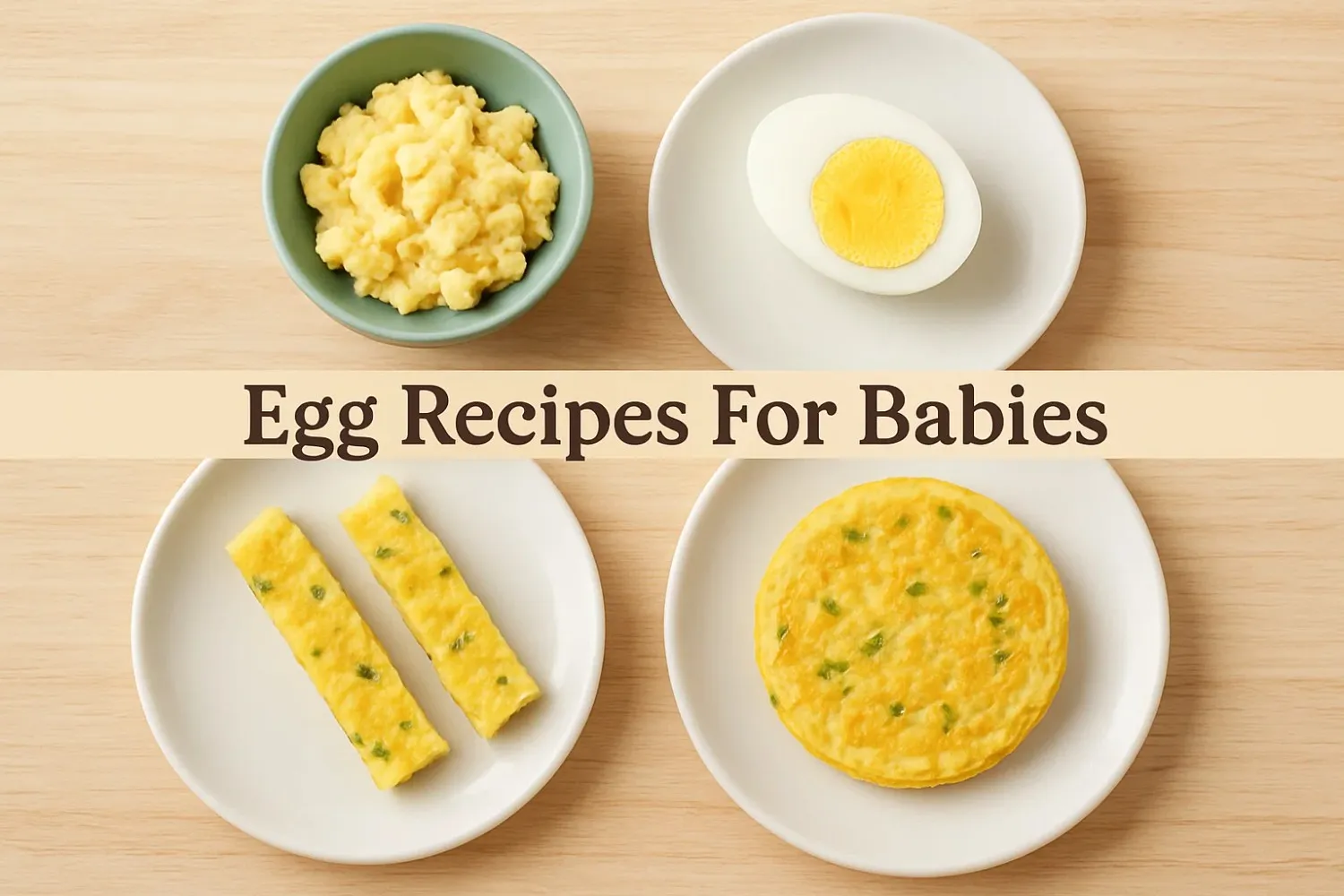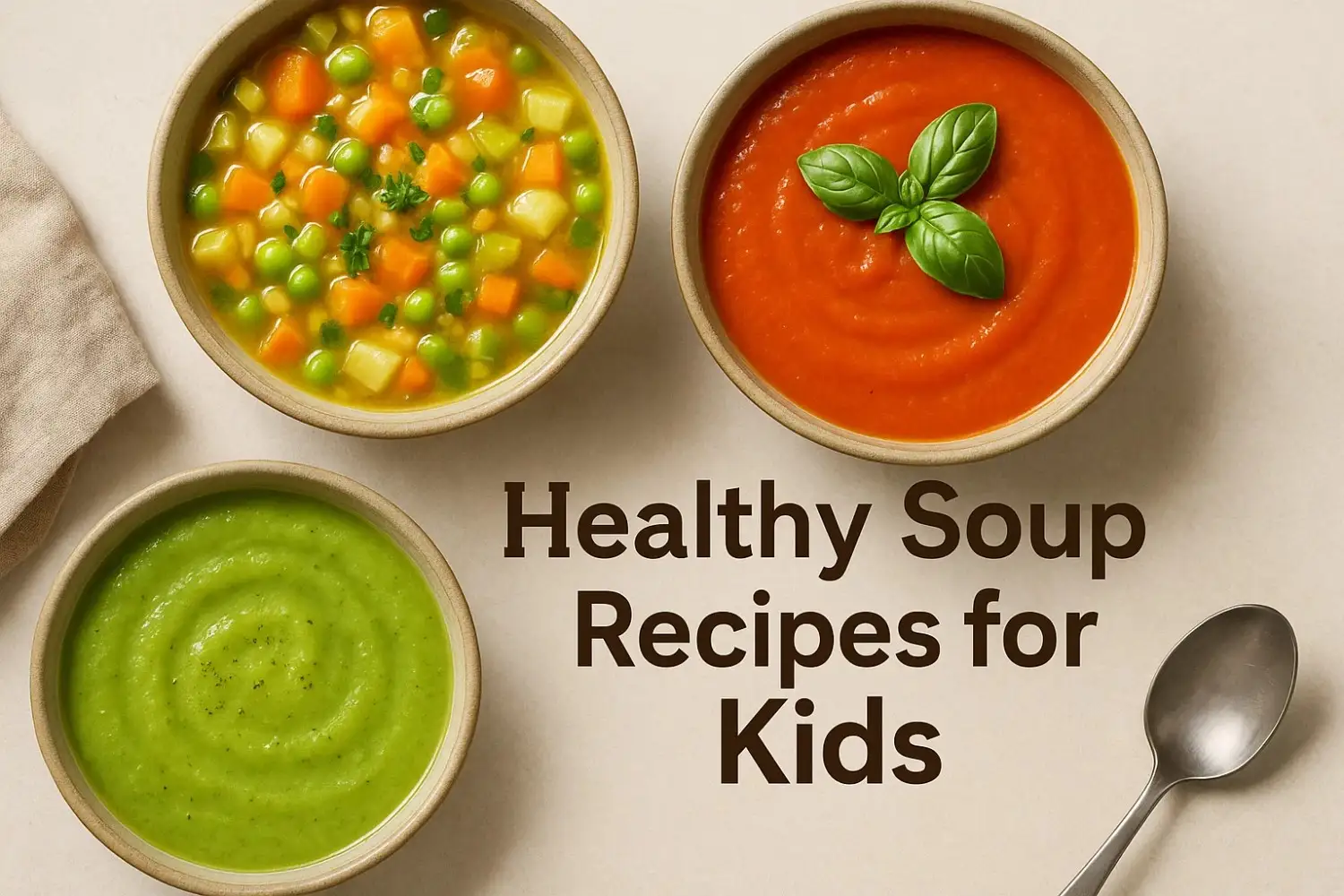Currently Empty: ₹0.00
Nutrition for Kids

Vetted By: Dt: Chanchal & Sakshi
Written By: Pinky Kharata
Published By: Satya Narayan Pandey
Getting your child to eat healthy and complete their nutrition can feel like a daily struggle. One minute they love something, the next they refuse to touch it. As parents, we want our kids to grow up strong and healthy. It is not quite easy when they are picky eaters or not interested in what’s on the plate.
It can be overwhelming for parents to make sure the child eats the right nutrients everyday. Especially during busy mornings, after school hunger, and their constant request for snacks. It’s an issue faced by almost all parents. In this blog we will break down how to complete nutrition for kids and how to plan balanced meals.
Importance of Nutrition for Kids

Nutrition for kids is all about helping them grow up healthy and strong. The right foods give them energy to play, focus at school, and fight off sickness. As they grow, their bodies need a good mix of nutrients every day. Building healthy eating habits early can make a big difference in their future.
What are the Essential Nutrients for Kids
Kids need a variety of nutrients every day to support their rapid growth, energy levels, and overall health. Each nutrient plays a unique role in helping their bodies and minds develop the right way.
1. Proteins
Proteins help kids grow strong and support muscle and tissue repair. Foods like eggs, lentils, nuts, and yogurt are great sources of protein for little ones. If your child is a picky eater, try adding protein to foods they already enjoy.

Such as smoothies, pancakes, or even homemade muffins. You can also mix in a kid-friendly protein powder to boost nutrition without changing the taste too much.
2. Carbohydrates
Carbohydrates give kids the energy they need to play, learn, and grow. Whole grains like oats, millet, and brown rice are great choices because they release energy slowly and keep them full longer.

Parents can add them in porridge, homemade snacks, or even pancakes. Sticking to natural and unprocessed carbs helps to avoid too much added sugar. It keeps their energy steady throughout the day.
3. Fats
Healthy fats are super important for kids. They help with brain development, hormone balance, and overall growth. Foods like avocado, seeds, nuts, and even a little olive oil in meals are great sources.

Parents can add nut butter to toast or blending avocado into smoothies. It helps skip processed snacks with unhealthy fats and preservatives. As they can impact your child’s health in the long run.
4. Vitamins and Minerals
Fruits and vegetables are packed with vitamins and minerals. As many dieticians say, the more colorful the plate, the better as each color brings different nutrients.

Parents can offer fruits as fun snacks or add veggies to pasta, wraps, or soups. Mixing things up keeps it interesting and helps your child get a full range of nutrients without fuss.
5. Dairy and Alternatives
Dairy and its alternatives like milk, cheese, and yogurt are great sources of calcium. It helps build strong bones and teeth.

If your child is lactose-intolerant, plant-based options like almond, soy, or oat milk are perfect. As long as they’re calcium-fortified. Parents can add these to cereals, smoothies, or snacks for an easy nutrition boost.
6. Fiber
Fiber helps keep your child’s digestion smooth and supports gut health. Foods like whole grains, fruits, vegetables, beans, and lentils are great sources.

Fiber also keeps kids full for longer and helps prevent constipation. Try adding berries to breakfast, veggie sticks as snacks, or whole grain bread for sandwiches to easily boost their fiber intake.
Nutrition Chart for Kids
Each meal plays a crucial role in a child’s development. Parents can follow the given diet chart to provide a nutritious meal throughout the day.
| Meal | Nutrition Focus | Examples |
|---|---|---|
| Breakfast (Start the Day Strong) | ✅ Carbs + Protein + Healthy Fat + Micronutrients |
|
| Mid-Morning | ✅ Fruits + Nuts or Seeds |
|
| Lunch (Main Energy & Nutrient Meal) | ✅ Carbs + Protein + Fiber + Vitamins |
|
| Dinner | ✅ Light Carbs + Protein + Veggies |
|
Conclusion
Planning meals doesn’t have to be stressful. A simple nutrition chart for kids can make a big difference in daily routines. It helps you stay on track and ensures your child gets the right mix of nutrients. With the right guidance and a bit of creativity, healthy eating can become a fun and natural part of your child’s day.
FAQs: Nutrition for Kids
Feeding kids right comes with a lot of questions. Here are some quick answers to help you make informed choices.
Q1: What Is Good Nutrition For A Child?
Ans: Good nutrition means giving your child a mix of healthy foods every day. Such as fruits, veggies, grains, protein, and dairy. It’s all about balance and making sure they get what their growing bodies need.
Q2: What Are The Nutritional Needs For A Child?
Ans: Kids need the right amount of protein, carbs, fiber, fats, vitamins, and minerals to grow strong and stay active. Their needs change as they grow, so variety is really important.
Q3: What Are 7 Types Of Nutrition?
Ans: The seven types include carbs, proteins, fats, vitamins, minerals, fiber, and water. Each one plays a big role in helping kids grow, stay healthy, and have energy throughout the day.
Q4: What Is The Most Nutritious Food For Kids?
Ans: There’s no one magic food, but foods like eggs, milk, fruits, veggies, whole grains, and nuts are packed with nutrition. The key is to mix it up and keep meals colorful and fun.







